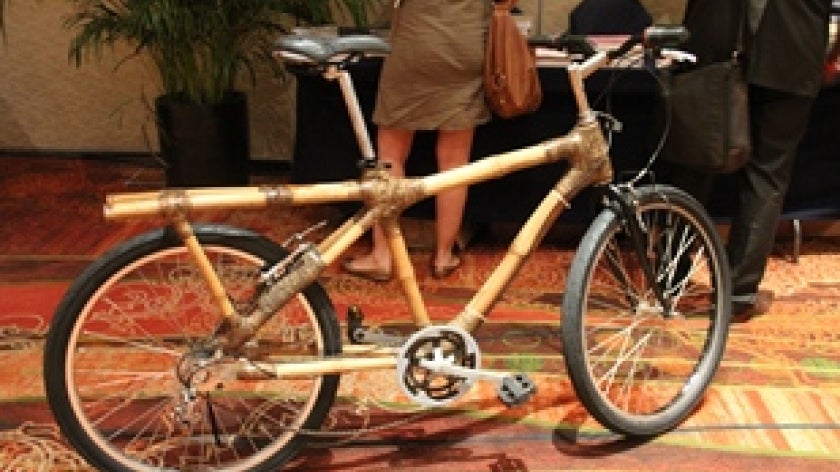
The advantages of riding a bike are evident. In ecological terms, the bike is one of the most environmentally-friendly modes of transport, and pedaling to get from here to there generates significant health benefits.
In the European Union and the United States, half of all car trips are less than 5 kilometers, a trend occurring to some degree all over the world. According to experts, this is the distance in which a car uses the most fuel per kilometer. It is an ideal distance to travel by bike.
If just 5% of those trips were made on a bike instead of a car in New York, CO2 emissions could be decreased by an estimated 68,000 tons of CO2 annually, a reduction equivalent to planting a forest 1.3 times the size of Manhattan.
And with urbanization rates on the rise, the benefits become even clearer: for every individual who rides a bike, there is less traffic, fewer CO2 emissions and more opportunities for an active lifestyle.
Not all bikes are the same, however. On the streets of cities such as London, New York, Paris and Buenos Aires, a model is appearing that is not only a clean mode of transport, but is also helping to halt deforestation in Ghana: the bamboo bike.
“It is a super environmentally-friendly bike. By planting bamboo, farmers have been able to eliminate soil erosion,” says Kemi Fadojutimi, Vice Chair of the Board of Directors of the Ghana Bamboo Bikes Initiative.
Originally designed to address the lack of adequate transport in rural areas of that African country, with the aid of a US$30,000 grant from the Small Grants Program of the Global Environment Facility (GEF), Ghanaians developed the bamboo bicycle, which has earned international renown for its durability, innovation and environmental contributions.
Unlike its steel counterpart, bamboo bike production is much less energy-intensive. Each bicycle reduces up to five kilograms of CO2 emissions compared with standard steel models. Additionally, the bamboo plantations planted to provide the raw material generate 35% more oxygen than an equivalent stand of trees.
And nothing is wasted. Even the bamboo scraps are recycled and converted into cooking logs by village women.
Today, the Kumasi factory produces up to 100 bicycles monthly, which are sold around the world. The bamboo bike’s international success has enabled it advantages to extend well beyond the environment.

Bamboo bikes were one of the leading attractions at the 5th GEF Assembly in Cancun, Mexico.
“With the aid of the GEF and other donors, we were able to step up production. Now it is a project of the whole community. The bike helped us reduce poverty, empower youth and create employment in our community,” said Fadojutimi.
By facilitating transportation, the bike has transformed the quality of life in this rural area of Ghana. Today residents can enjoy a profitable way to take their goods to market. Additionally, it is now easier for inhabitants to access medical services. Even school attendance has increased since the daily two-hour walk to school is a thing of the past.
What about you? When was the last time you rode a bike?